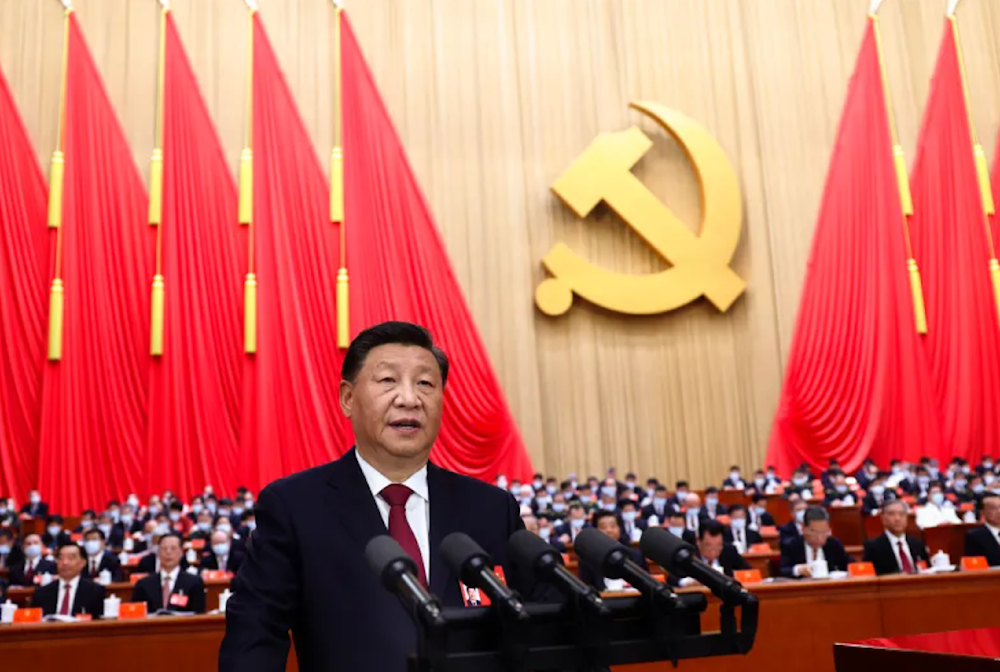Since 2016, foreign interference in U.S. elections and civic life has been a major concern, with the U.S. government penalizing foreign actors for spreading "discord and chaos" through propaganda. Despite this stance, the US exhibits a double standard in its propaganda efforts.
According to Responsible Statecraft, the recently passed HR 1157, the "Countering the PRC Malign Influence Fund," received bipartisan approval (351-36) and would allocate over $1.6 billion to the State Department and USAID to combat Chinese "malign influence" globally. This bill represents a significant increase in federal spending on foreign influence operations.
The measure funds "independent media and civil society" as well as other information activities in other nations. The Global Engagement Center, which will most certainly play a significant role in enacting the law, spends more than half of its budget on such programs, and USAID, which will also play a leading role, prioritizes funds to foreign media and civil society organizations. HR 1157 would turbocharge these projects.
In addition, the bill does not require that US government funding for overseas media be made known to those in other nations, thus making it possible that it will support covert anti-Chinese messages, similar to how the US accuses Russia of sponsoring anti-Ukraine messages by US media influencers.
Responsible Statecraft notes that "malign influence" is a wide description. For example, program funding might be used to promote any attempt to emphasize the "negative impact" of Chinese economic and infrastructural investment in a foreign country. Alternatively, it might sponsor political messaging against Chinese contractors participating in the construction of a port, road, or hospital, as part of Beijing's global Belt and Road Initiative.
A 2021 "vision document" from the First Special Forces Command at Fort Bragg offers insight into U.S. information operations. It describes a fictional scenario in the African country of Naruvu, where Special Forces discover a Chinese port investment.
The 8th Psyop Group at Fort Bragg's Information Warfare Center (IWC) collaborates with local and U.S. partners to "discredit Chinese activities," leading to protests and unrest. The combined influence efforts and social media campaigns resulted in the Chinese company abandoning its port project.
Skepticism towards U.S. and Chinese interference in foreign affairs can undermine genuine opposition to Chinese influence. For instance, U.S. support for Russian opposition in 2011 led to a backlash from Putin, restricting U.S. involvement in Russia.
The proposed HR 1157 raises concerns that U.S. anti-Chinese propaganda could inadvertently influence American audiences without disclosing its funding sources. Historical examples, like the State Department's Global Engagement Center's actions against critics during the Trump administration, illustrate potential misuse.
The bipartisan backing for HR 1157 highlights a Washington culture that may ignore the risks of engaging in covert activities similar to those it condemns in other countries.



